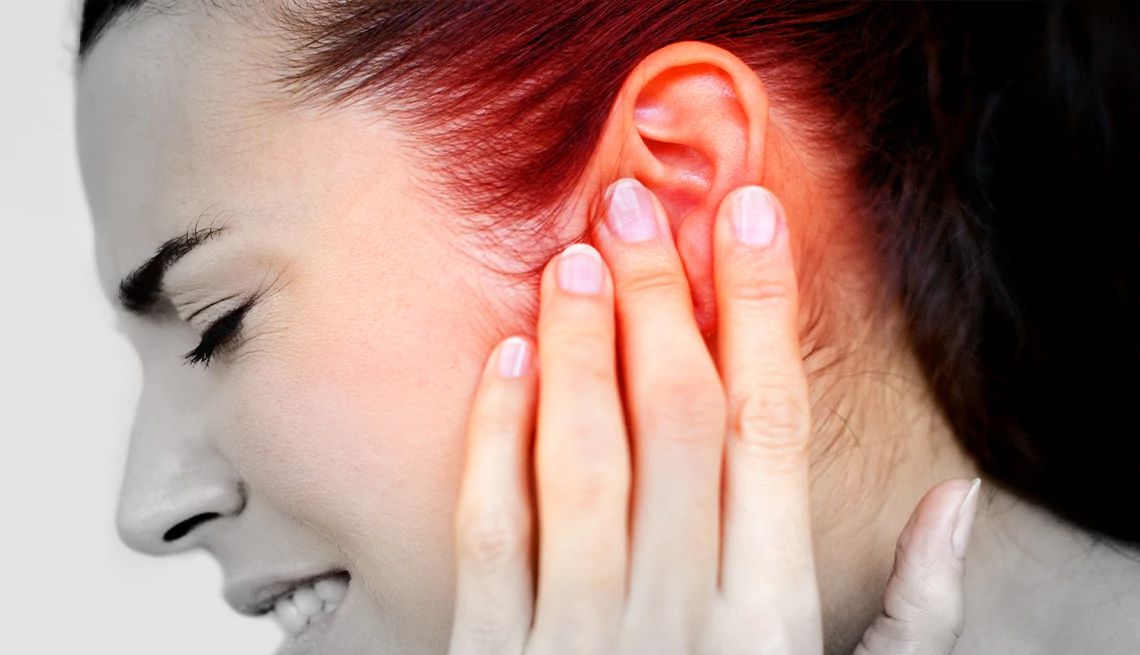AARP Hearing Center


Key takeaways
- Skin conditions like eczema or psoriasis and allergic reactions are possible causes of itchy ears.
- Other symptoms, such as pain, fluid coming from the ear, scaly skin and bumps or blisters, may accompany the itching.
- Treatments for itchy ears can include steroid medicines, antibiotics or antifungal drugs, depending on the cause.
- You may be able to treat the itch at home with topical steroids and by avoiding substances that may have caused the reaction.
- See a doctor for symptoms like pain or bleeding, which signal a more serious problem.
Most of us have felt the urge to scratch part of our body at one time or another. Since skin becomes drier with age, itching is an even more common problem for older adults.
Even our ears can itch. Often the cause is a skin condition like eczema or psoriasis, or it’s an allergic reaction to something that has touched the ear. Something as seemingly unrelated as the transition to menopause could trigger a bout of itchy ears.
Before you reach for a cotton swab to dig into your ear to scratch that itch, there are much better and safer ways to relieve it.
What causes itchy ears?
This symptom commonly arises from a skin condition, but there are many possible causes of itchy ears. These are some of the most prevalent ones.
Ear eczema
The main symptom of this condition is dry, itchy skin. Often, eczema is a sign that something that touched your skin, or you were exposed to, made your immune system overreact.
While you’re most likely to see (and feel) eczema in places like your hands, elbows, knees and feet, it can appear in your ears too. Any part of your ear might itch, including the earlobes, ear opening, ear canals and eardrum.
Scratching
When your ear itches, you might automatically reach for a cotton swab or another long, skinny object. While scratching temporarily relieves the itch, it will return before long, and you could do real damage by sticking something into your ear.
“I tell patients, ‘No Q-tips.’ Q-tips are terrible for ears,” says Dr. Bradley Kesser, a professor and vice chair of the otolaryngology department at the University of Virginia School of Medicine. That box of cotton swabs even carries a warning about inserting one into the ear canal. Putting any small object into your ear puts you at risk of irritating your ear canal, pushing earwax deeper into it or damaging your eardrum.






































































Next in series
Possible Causes for a Lump Behind the Ear
A lump behind the ear could be just an infected bug bite. So when should you see a doctor?